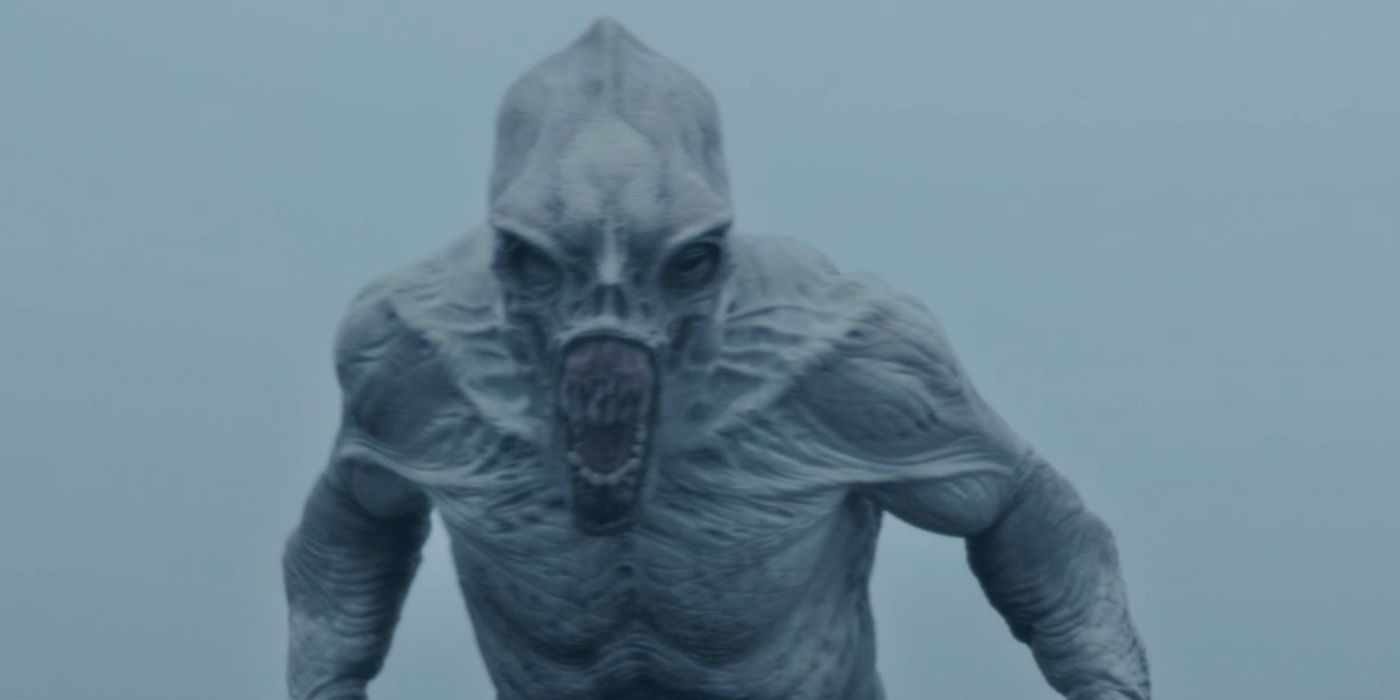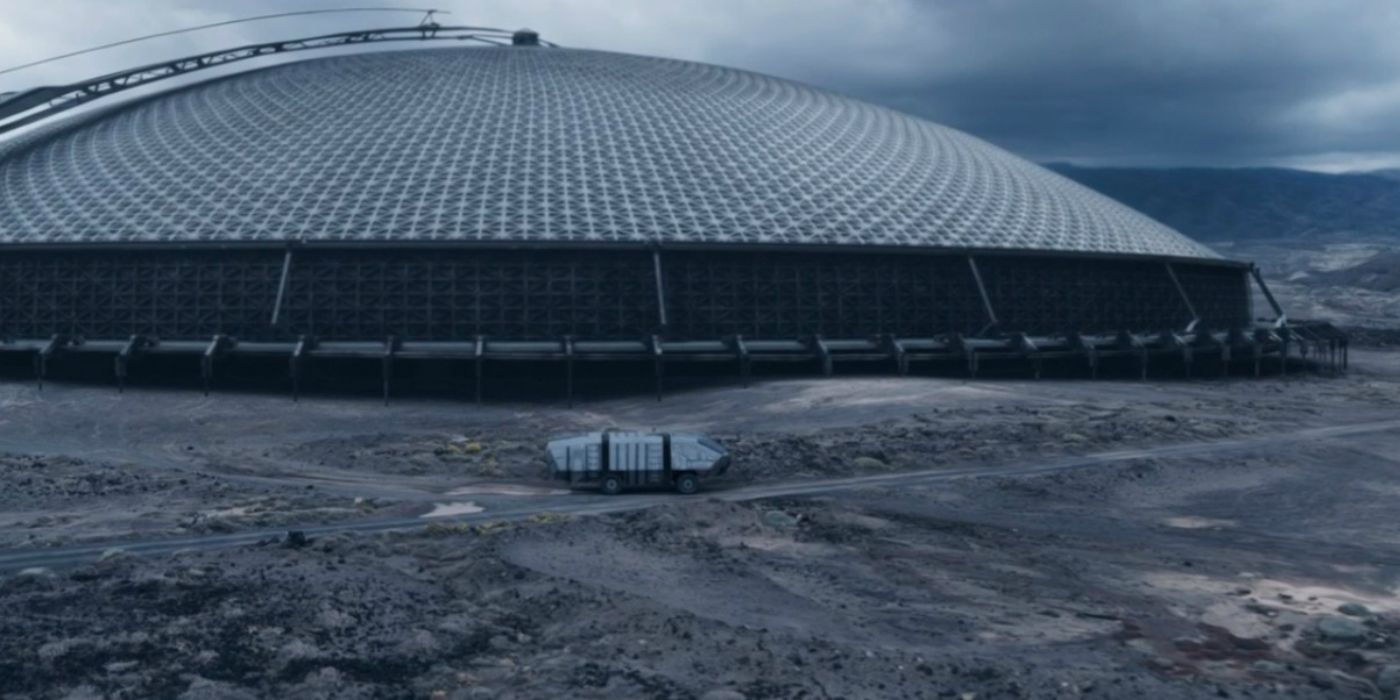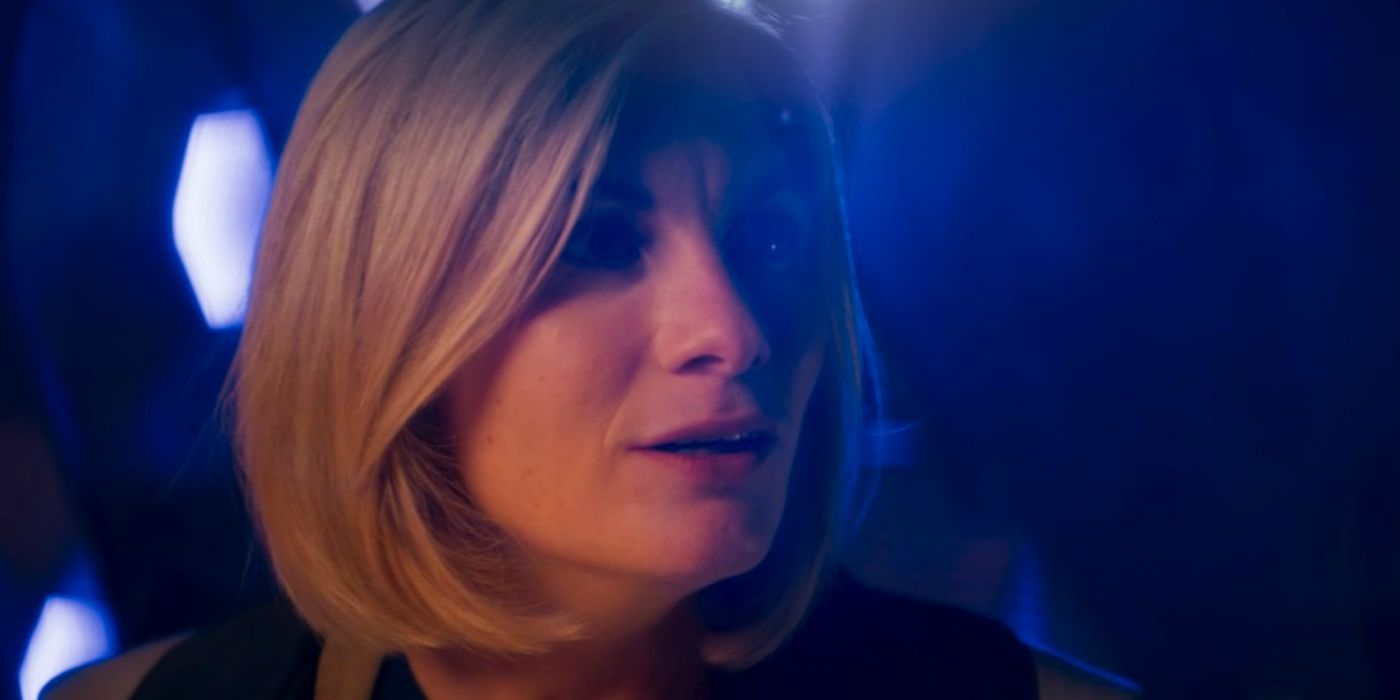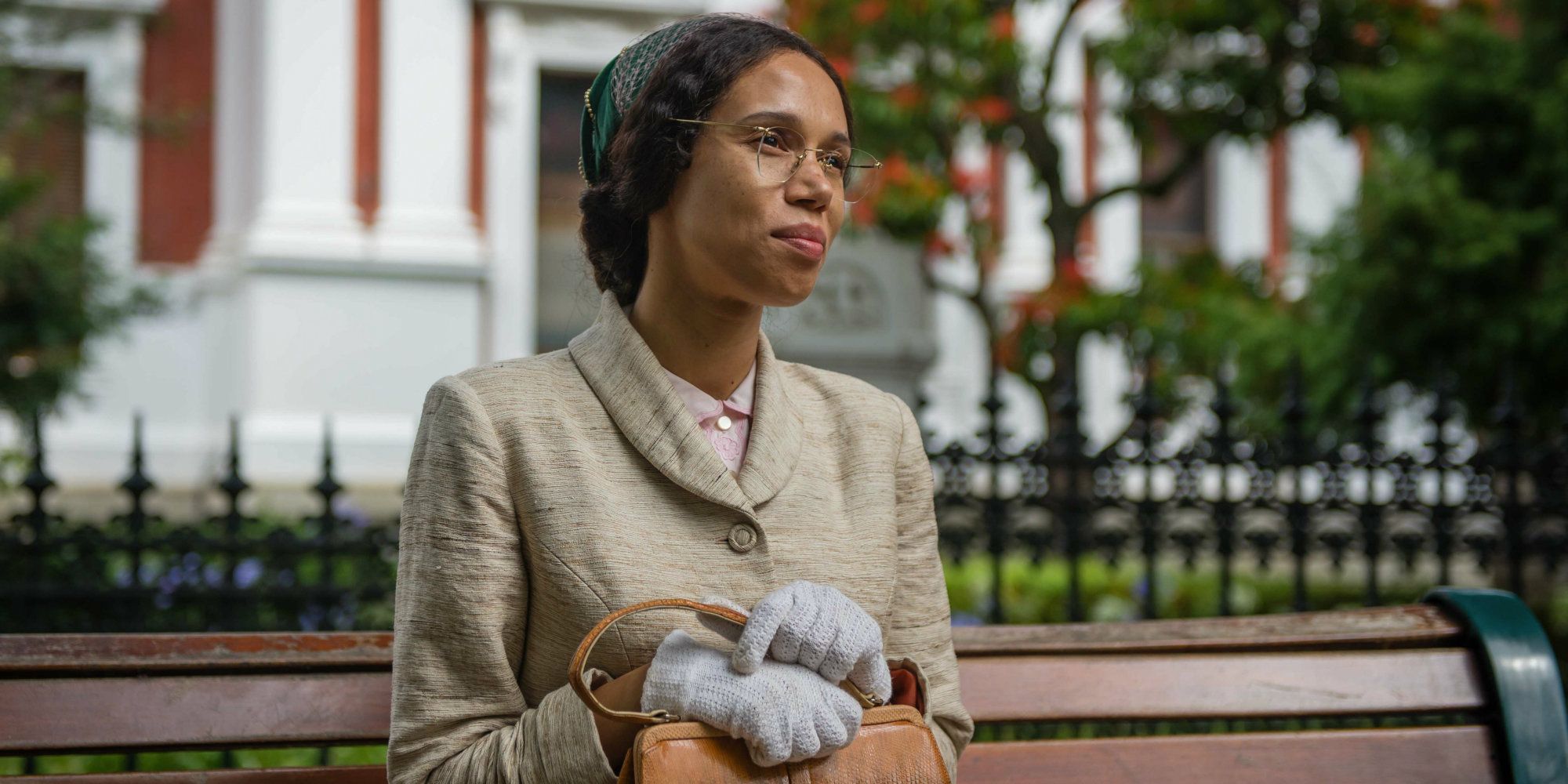
Doctor Who has just completely rewritten its rules of time travel. The concept of time travel lies at the heart of Doctor Who, which was first envisioned as a semi-educational series exploring human history. The show has taken a very different shape to the one originally conceived, however, with the majority of adventures set on alien worlds or distant futures. Of course, with the idea of time travel comes the question of temporal mechanics; just how does that time travel work, and what is the relationship between past, present, and future?
Doctor Who has traditionally presented time as a single river, flowing from the Big Bang to the Big Crunch, with the Doctor able to jump into the river at any point. He can change specific details, but the overall flow remains the same. What's more, once the Doctor has either experienced or acquired direct knowledge of an event, it becomes fixed and cannot be changed. As a result, fans such as Jean-Marc Lofficier have been able to chart entire timelines that run from the beginning of life on Earth to the Heat Death of the universe. But now, after all these decades, Doctor Who is changing its approach to time travel.
In the latest episode of Doctor Who, the Doctor and her friends are taken to a planet that's been dubbed "Orphan 55." Over the course of the episode, they learn a shocking truth - that this is Earth. And in the end, the Doctor uses this as an opportunity to wax lyrical about the idea that the future can be changed.

According to the Doctor, Orphan planets are worlds that were collapsing in an environmental and ecological catastrophe. The wealthy abandon the world, leaving the poor behind to die in the disaster. Orphan 55 is the future of Earth, ravaged by global warming and transformed into a Hellish landscape by nuclear war. Humans proved surprisingly resilient, however, evolving to deal with the harsh conditions, their lungs adapting to breathe in carbon dioxide and exhale oxygen. Needless to say, the Doctor's friends are shaken at the news, but in a stirring monologue the Doctor insists that they shouldn't lose hope.
"Look, I know what you're thinking. But it's one possible future. It's one timeline. You want me to tell you that Earth's going to be OK? 'Cos I can't. In your time, humanity is busy arguing over the washing-up while the house burns down. Unless people face facts and change, catastrophe is coming. But it's not decided. You know that. The future is not fixed. It depends on billions of decisions, and actions, and people stepping up. Humans. I think you forget how powerful you are."
"Orphan 55" is, of course, intended to serve as a cautionary tale. The Doctor's message is not truly addressed at her friends, but rather at viewers, attempting to encourage people to take threats such as climate change seriously. The speech is a little on-the-nose, probably the most "preachy" Doctor Who has ever been. But the best science-fiction is always intended to shine a light upon the present, so Ed Hime's script stands as part of a rich tradition of sci-fi. The only problem, however, is that the speech unwittingly suggests a very different model of temporal mechanics to anything seen before in Doctor Who. It points to the Multiverse model.

The Multiverse model of time travel suggests that every conscious decision has the potential to change history, and unknowingly create a new timeline. Some decisions are minor and relatively unimportant; imagine, for example, a universe in which you had bacon and eggs for breakfast, contrasted with one where you had a bowl of cereal. There are unlikely to be major differences between those timelines. But on other occasions, an important decision can result in a dramatic divergence between the timelines.
For example, The Man In The High Castle opens by envisioning a world where tactical decisions were made that led to the Nazis winning the Second World War. The concept is tremendously popular in sci-fi and superhero shows. The Flash has revealed countless different Earths, albeit now dramatically reduced in the current "Crisis on Infinite Earths" event. Marvel Television has dabbled with the Multiverse as well, with Agents of SHIELD season 5 visiting a timeline in which Earth was destroyed, which they then averted.
In this case, the Doctor insists on the Multiverse model simply because it offers hope. Yaz, Ryan, and Graham have not seen their own future; rather, they have seen the world as it could be. Based on the experience of Orphan 55, they will make different decisions, and thus potentially rewrite the future. While their individual actions may seem minor and insignificant in the present, each decision is like a stone thrown into a still lake, sending ripples all the way to its edges. The Doctor encourages her friends to make the right choices, and - speaking to the viewers - declares that "billions of decisions, and actions, and people stepping up" can avert this catastrophic future.
"Humans," the Doctor observes. "I think you forget how powerful you are." It's interesting to note that, assuming this Multiverse model is accurate, the Doctor really is suggesting that human decisions have tremendous power. After all, the Multiverse itself is a construct, created by sentient beings as a cosmic adaptation to free will. The cumulative power of billions of decisions can will entirely different timelines into being - ones where the Earth was destroyed by climate change and nuclear war, and ones where it was not. It's a heady message of hope, and it's understandable why the Doctor would settle on it.

Unfortunately, the Multiverse model is at odds with everything Doctor Who has previously established. The show has indeed accepted the existence of alternate timelines before, most notably in the Third Doctor story "Inferno" and the Tenth Doctor two-parter "Rise of the Cybermen" and "The Age of Steel." But the previous implication has been that it's difficult to travel between these different timelines, meaning the Doctor and his/her various companions are exploring just the one, a linear timeline that operates in quite a consistent manner.
This is why historical adventures usually see the Doctor desperately attempting to avoid changing history; because she knows what the consequences would be. The Tenth Doctor took this the furthest in "The Fires of Pompeii," a story in which he and his companion Donna visited Pompeii in AD79, right before the climactic eruption of Mount Vesuvius. He insisted that he couldn't save anyone, for fear of altering the timeline. Even the Thirteenth Doctor has previously followed this rule, in "Rosa," in which the Doctor knew the story of Rosa Parks had to be allowed to take place because it was too important to risk altering. In contrast, if the Multiverse model is correct, then the Doctor could allow any changes to the past, aware that they'd just create a new timeline.
And yet, the fact remains that the "Orphan 55" future is completely different to any timeline that's been seen before in Doctor Who. That's quite remarkable, given Doctor Who has explored the future of Earth right up to the day the star went supernova, in the Ninth Doctor story "The End of the World." That suggests the Doctor is speaking the truth in "Orphan 55," not just saying what she thinks her friends want most to hear; this really is only one possible future, not a definitive one. It will be fascinating to see whether this idea is developed going forward, or whether all this was just an accidental result of the script.
from ScreenRant - Feed https://ift.tt/2TsQYPF

0 Comments